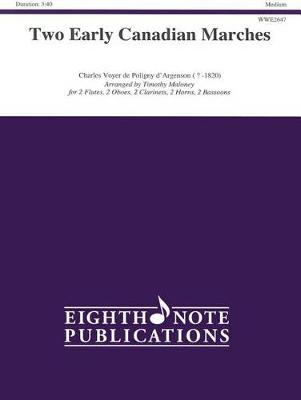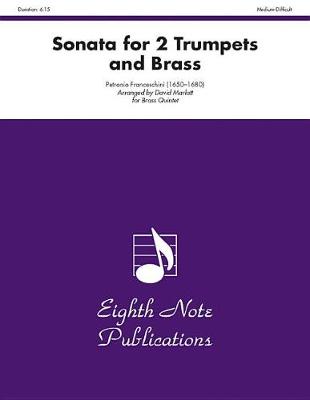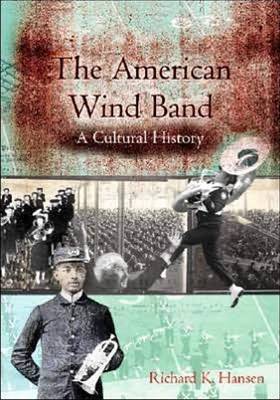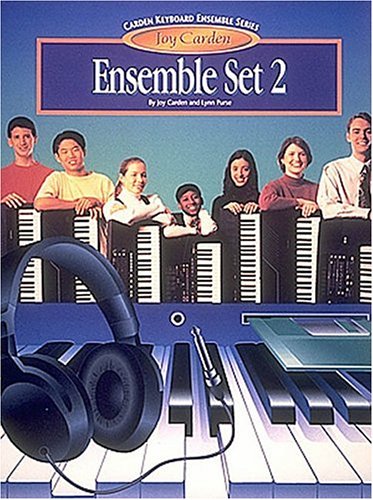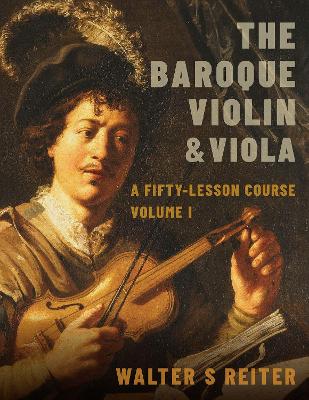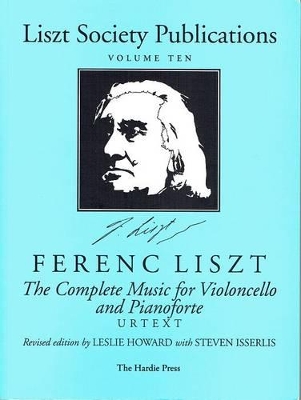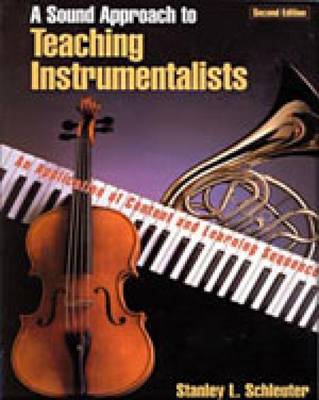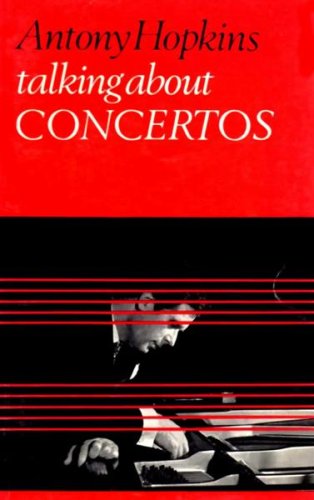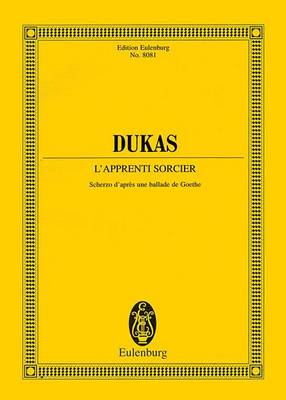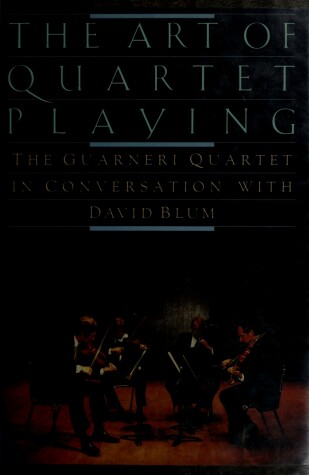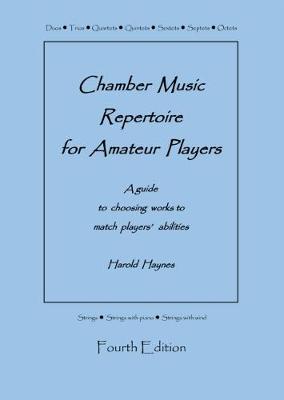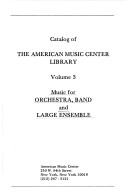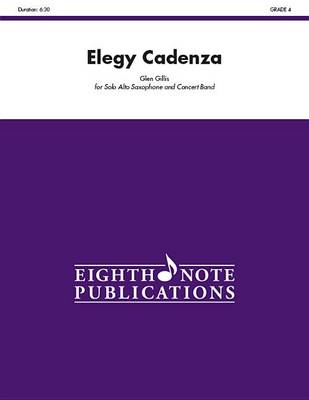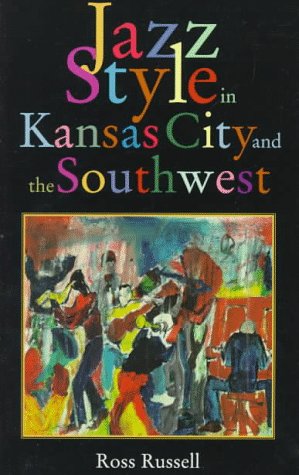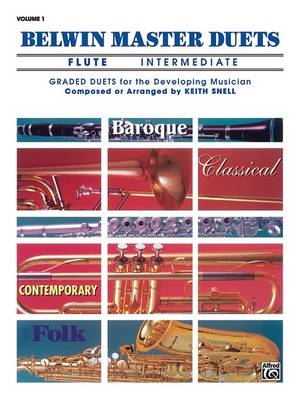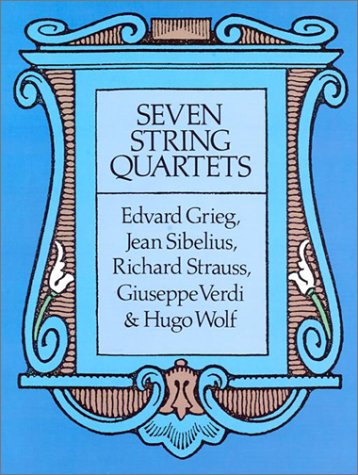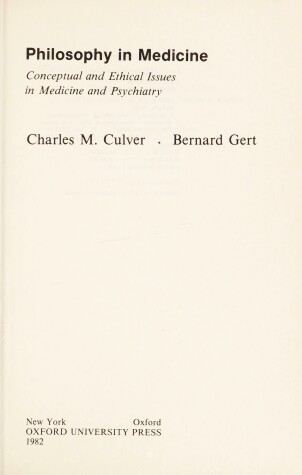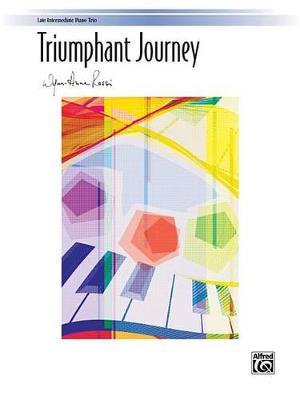The distinguished German conductor Hermann Scherchen, 1891-1966, became a legend in his own time as a supremely knowledgeable, inspiring, and uncompromising advocate of the most demanding orchestral repertoire. The founder of the Berlin Society of New Music, he was an ardent champion of twentieth-century music, especially that of Schoenberg, with whom he worked, and of Webern. He settled in Switzerland in 1933 and was for six years the conductor of the Zurich Radio Orchestra. His classic handboo...
In the early seventeenth century, enthusiasm for the violin swept across Europe—this was an instrument capable of bewitching virtuosity, with the power to express emotions in a way only before achieved with the human voice. With this new guide to the Baroque violin, and its close cousin, the Baroque viola, distinguished performer and pedagogue Walter Reiter puts this power into the hands of today's players. Through fifty lessons based on the Reiter's own highly-renowned course at The Royal Conse...
The Complete Music for Violoncello and Pianoforte (Liszt Society Publications, v. 10)
A SOUND APPROACH TO TEACHING INSTRUMENTALISTS applies contemporary methodologies and theories to the instrumental classroom. It examines the application of musical content and learning sequences in teaching instrumental music to students from elementary school through adulthood.
Chamber Music Repertoire for Amateur Players
by Harold George Haynes
Jazz Style in Kansas City and the South West (Library Reprint S.)
by Ross Russell
From the twenties through the forties, Kansas City was the jazz city, home of Lester Young, Benny Moten, Jack Teagarden, Andy Kirk, Count Basie, Jay McShann, Ben Webster, Mary Lou Williams, and Charlie Parker, to name a few. Jazz Style in Kansas City and the Southwest is the essential account of the evolution of the Kansas City style, from its ragtime roots to the birth of bebop.
Seven String Quartets
by Edvard Grieg, Sibelius, Jean, Strauss Richard, Giuseppe Verdi, and Hugo Wolf
Music from Chaucer
for brass quintet (2 trumpets, horn, trombone, tuba) A work in five movements, each characterizing a poem by Chaucer. 'Triton's Trumpets', acts as an overture to the suite of pieces, is mainly rather rustic and, as its title implies, much of its music is in the nature of fanfares. Next is a haunting slow waltz, then a very short and very vigorous fanfare. In the fourth movement, 'The Sorrowful Knight', each instrument expresses its individual sorrow. Finally Chaucer himself chatters in a jaunty,...
Flyer
Summer Dances
for brass quintet This cheerful six movement suite for brass quintet employs dance rhythms and themes throughout. With plenty of interplay between the instruments, this is approachable and rewarding music for both performer and audience alike.
This is an attractive single movement work for the tuba and a welcome addition to the instrument's sadly neglected repertoire. With the beautifully melodic and sonorous two outer sections contrasted effectively against the rather more energetic central theme, this piece would work well in a recital programme.
